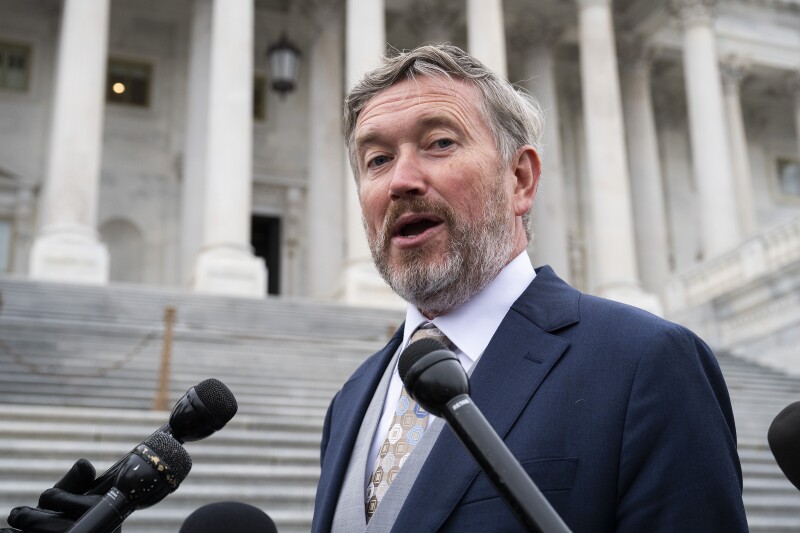
On November 16, 2023, the U.S. House of Representatives voted overwhelmingly, with a tally of 427-1, in favor of releasing the Epstein files. This significant step was made possible with the backing of President Donald Trump, who acknowledged that he could no longer prevent the disclosure of information regarding the convicted sex offender Jeffrey Epstein and his network of associates. The decision now moves to the Senate for further consideration.
The bipartisan effort to release the files was spearheaded by Congressman Thomas Massie, a Republican from Kentucky, and Ro Khanna, a Democrat from California. Both representatives have been advocating for a discharge petition for several months. The significance of this vote cannot be overstated; it highlights a rare moment of cooperation across party lines in a deeply polarized political environment.
Prior to this vote, House Speaker Mike Johnson took measures to prevent the issue from coming to the floor, indicating the sensitivity surrounding the Epstein files. In contrast, Khanna found it straightforward to support the measure; Massie, however, faced considerable pushback from his party. His decision to advocate for the release of the files demonstrates a commitment to his principles, a rare occurrence among many Republican members in Congress today.
Massie’s stance has not been without consequences. In the aftermath of the vote, Trump criticized Marjorie Taylor Greene, labeling her a “traitor” for her support of Massie. Additionally, Trump made disparaging remarks regarding Massie’s personal life and backed a primary challenger against him. Despite these challenges, Massie has successfully navigated this contentious political landscape, illustrating that opposing Trump can yield both moral and political rewards.
This pivotal moment raises questions about the evolving dynamics within the Republican Party. Massie’s political independence and willingness to challenge the status quo reflect a broader trend of dissent against Trump’s influence. His past actions, such as opposing military strikes in Iran and voting against significant debt increases, suggest a consistent commitment to fiscal conservatism and accountability.
As the House moves forward, the implications of the Epstein files could lead to greater scrutiny of the individuals involved in Epstein’s network. Many observers view this as a critical turning point, especially regarding accountability for crimes related to child sex trafficking.
Massie’s actions may inspire other elected officials to prioritize the interests of their constituents over party loyalty. The principles of democracy hinge on the separation of powers and the responsibility of elected officials to act in the public’s best interest, rather than acquiescing to presidential authority.
As this issue progresses, the political landscape remains charged. The hope is that Massie’s constituents will recognize his efforts and support his re-election in the upcoming cycle, reinforcing the importance of courage and integrity in public office.







